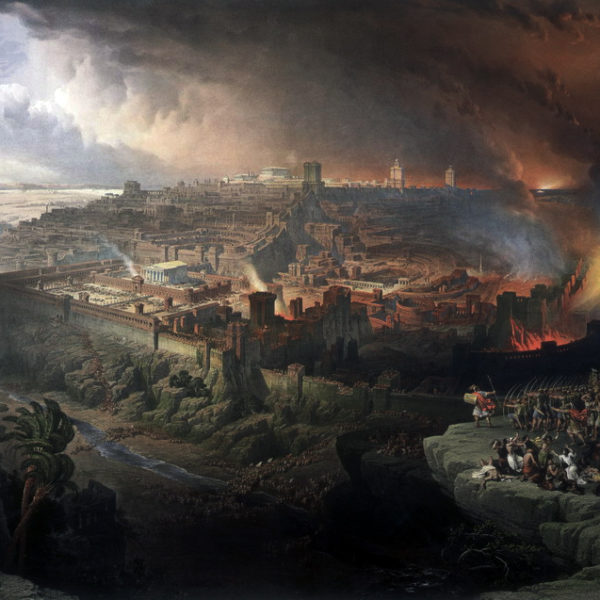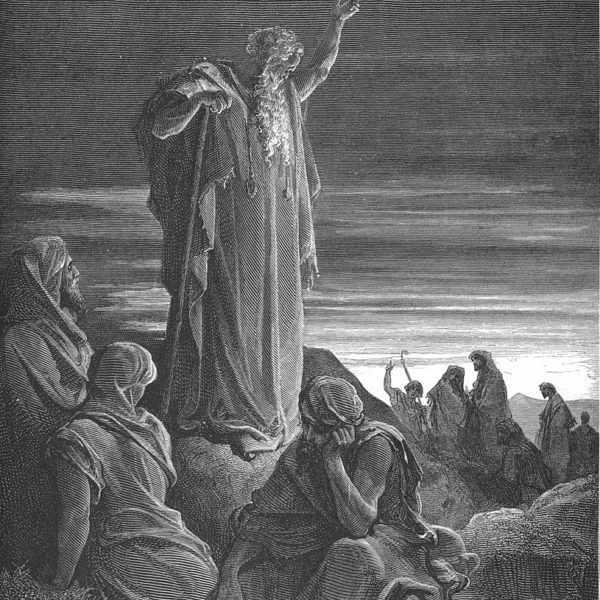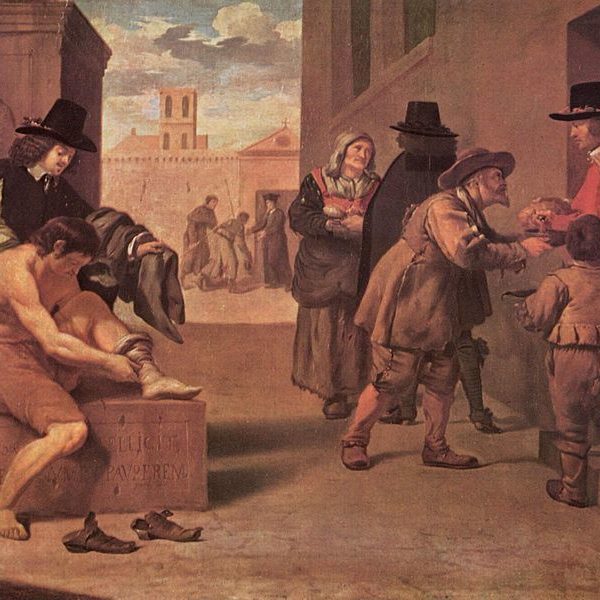
While often read merely as an account of judgment, heaven, and hell, the Parable of the Sheep and the Goats reveals a love that overcomes dualism.
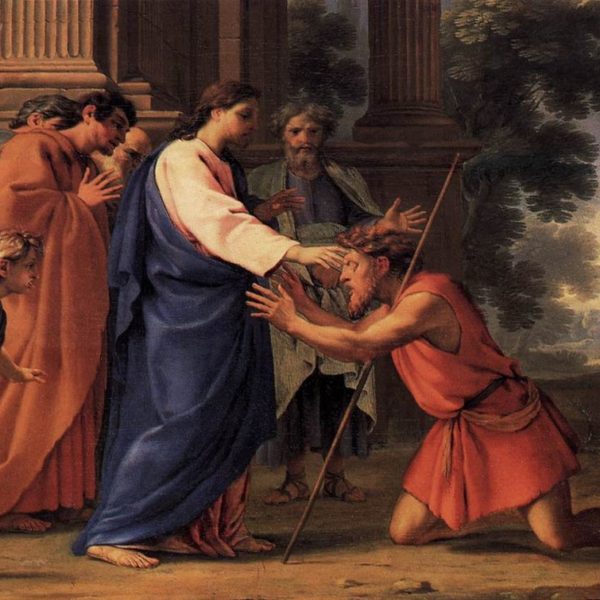
In the healing of the blind man in John 9 and the response of the religious leaders and teachers that follows, the power of scapegoating is revealed, as is the assurance that Jesus will overcome it.
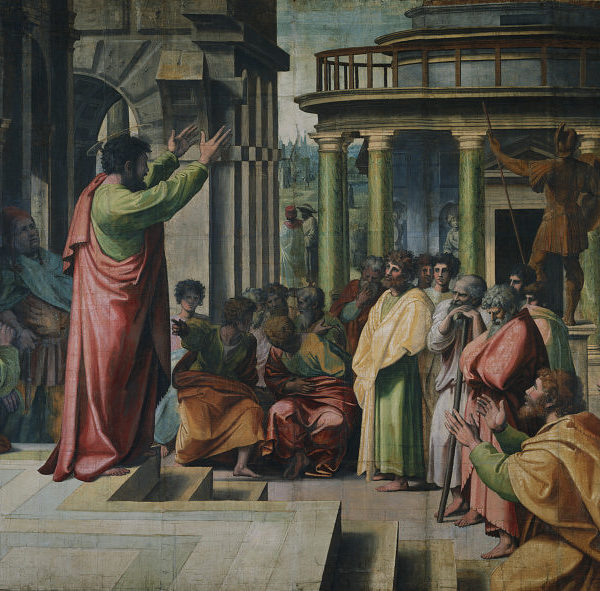
In the face of the thoroughly known god who sponsors our political ideologies and patriotic projects, we must join with the Apostle Paul in proclaiming the unknown God. Cutting across our speculation, superstition, and listless curiosity in the revelation of Jesus Christ, this God punctures our comfortable idolatries and calls us all to give account.
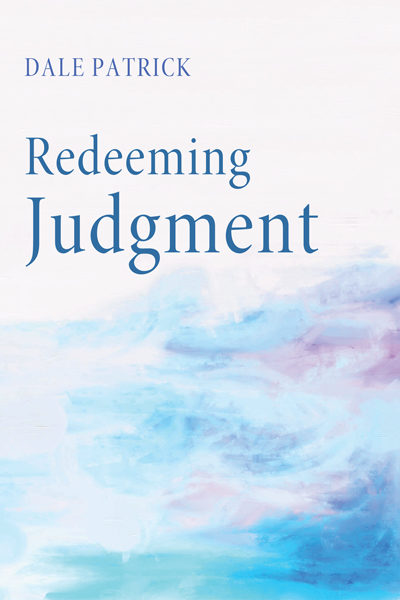
Redeeming Judgment arose from my sense of urgency. The Protestant church in which I grew up and to which I belong has largely grown silent about the judgment of God. It seems that we are bent upon living up to H. Richard Niebuhr’s caricature of liberal Protestantism: “A God without wrath brings men without sin into a kingdom without judgment through the ministrations of a Christ without a cross” (Kingdom of God in America, p. 193).
Redeeming Judgment is meant to remedy this aversion to judgment. Judgment accompanies God’s saving work throughout the Bible. Redeem has been prefixed to judgment to indicate that I am proposing to reclaim this theological teaching. Moreover, judgment is itself a component of the redeeming action of God. Thus, we are out to reclaim a teaching that is essential to the redeeming purposes of God.
Although the book was not written specifically for those engaged in political theology, the concept of divine judgment should be at the foundation of any political theology that aspires to be rooted in the Bible. Judgment is a component of practically every interaction between God and humans in the Bible. The reader’s understanding of how the concept can be faithfully applied to historical and contemporary events will be enriched by studying “paradigm cases.”
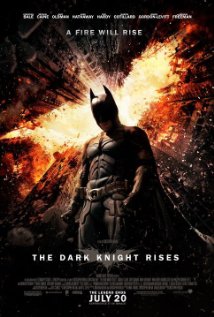
Nolan’s Dark Knight trilogy is obsessed with the question: what are the conditions of possibility for political judgment? Judgment, as Oliver O’Donovan has written in The Ways of Judgment, “both pronounces retrospectively on, and clears space prospectively for, actions that are performed within a community” and is therefore “subject to criteria of truth, on the one hand, and to criteria of effectiveness on the other” (9). Although judgment must meet both criteria, very often in the world of politics, they appear to be in rivalry. Truth-telling, in a world of fickle voters and predatory media, in a world of terrorists and hidden threats, can seem like a very unwise proposition, a luxury that must be dispensed with if order and justice are to be preserved. This tension haunts Nolan’s trilogy.

